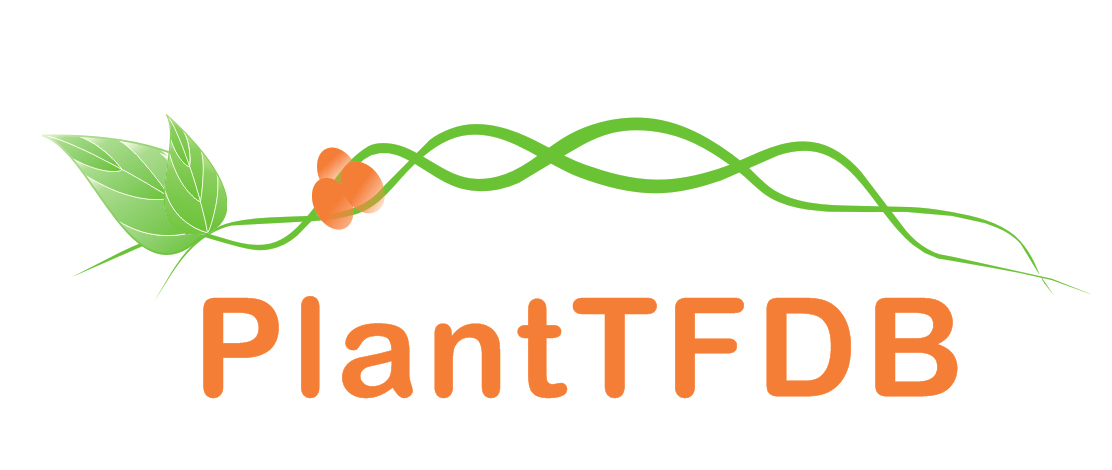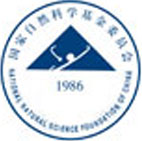 |
PlantRegMap/PlantTFDB v5.0
Plant Transcription
Factor Database
|
| Home TFext BLAST Prediction Download Help About Links PlantRegMap |
| Species | TF ID | Description |
|---|---|---|
| PSME_00001982-RA | GATA family protein | |
| PSME_00003833-RA | GATA family protein | |
| PSME_00007174-RA | GATA family protein | |
| PSME_00015866-RA | GATA family protein | |
| PSME_00017687-RA | GATA family protein | |
| PSME_00026073-RA | GATA family protein | |
| PSME_00027447-RA | GATA family protein | |
| PSME_00028192-RA | GATA family protein | |
| PSME_00038448-RA | GATA family protein | |
| PSME_00038948-RA | GATA family protein | |
| PSME_00039795-RA | GATA family protein | |
| PSME_00040152-RA | GATA family protein | |
| PSME_00040153-RA | GATA family protein | |
| PSME_00046739-RA | GATA family protein | |
| PSME_00048045-RA | GATA family protein | |
| PSME_00050219-RA | GATA family protein | |
| PSME_00050760-RA | GATA family protein | |
| PSME_00051947-RA | GATA family protein | |
| PSME_00054096-RA | GATA family protein |
GATA factors were first identified as proteins that interact with conserved WGATAR (W = T or A; R = G or A) motifs involved in erythroid-specific gene expressionin vertebrates.
GATA factors are characterised by the presence of conserved, type-IV zinc-finger motifs Animal factors typically contain two C-x2-Cx17-C-x2-C zinc-finger domains. The majority of known fungal GATA factors contain a single C-x2-C-x17-C-x2-C finger with greatest similarity to the carboxyl (C) terminal finger of animal GATA factors.Several examples of fungal GATA factors containing a variant C-x2-C-x18-C-x2-C DNA-binding domain are also known.
Examples of both C-x2-C-x17-Cx2-C (Type IVa) and C-x2-C-x18-C-x2-C (Type IVb) GATA factors are found within fungi; animals onlycontain the former configuration, and plants only the latter. Plant GATA factors typically contain a single zinc finger. The Arabidopsis type-IV zinc-finger proteins may represent the previously defined family of nuclear GATA-binding proteins implicated in light-responsive transcription.
Teakle GR, Manfield IW, Graham JF, Gilmartin PM.
Arabidopsis thaliana GATA factors: organisation, expression and DNA-binding characteristics.
Plant Mol Biol. 2002 Sep;50(1):43-57.
PMID: 12139008



